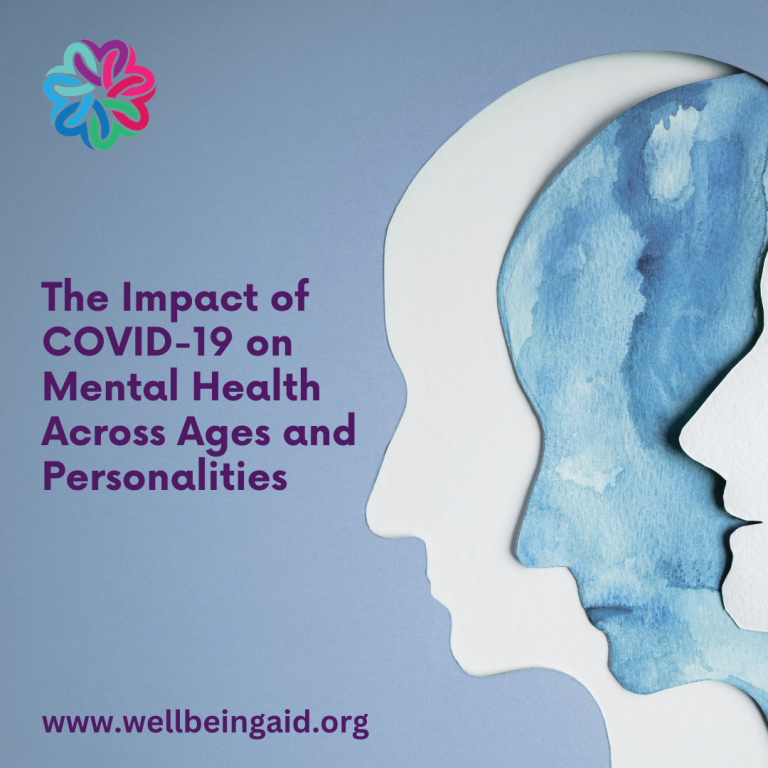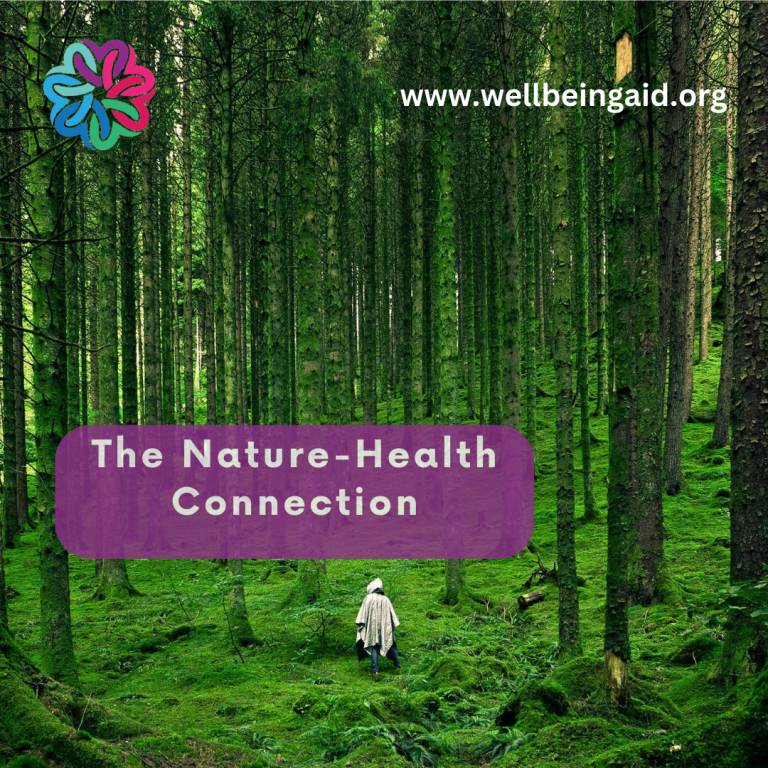
Defining Wellbeing
While there is no universally agreed-upon definition of wellbeing, experts concur that establishing one is crucial (Felce and Perry, 1995; Gable and Haidt, 2005; Simons et al., 2021).
According to the Cambridge Dictionary, wellbeing is defined as “the state of feeling healthy and happy” (Cambridge University Press, 2019). Meanwhile, the Centers for Disease Control and Prevention describe it as the presence of positive emotions, feeling good, the absence of negative emotions, satisfaction with life, and positive functioning (CDC, 2023).
To construct a comprehensive global definition, Simons and Baldwin (2021) put forth that wellbeing is a state characterized by positive feelings and the fulfilment of one’s full potential in the world. It can be assessed subjectively and objectively, utilizing a salutogenic approach. This definition highlights the distinction between wellbeing and terms like quality of life, emphasizing that even in the face of global challenges, wellbeing encompasses more than just the absence of pathology (Simons and Baldwin, 2021).
Given the lack of consensus on a singular definition, various components, determinants, or pillars are often used interchangeably in discussions surrounding wellbeing (Simons and Baldwin, 2021). Researchers from diverse fields have examined different facets of wellbeing, including physical, mental, social, and economic wellbeing, among others (Frey et al., 2002; Diener et al., 1999, 2000; Kahneman et al., 2004; Eid et al., 2008).
- Centers for Disease Control and Prevention (CDC) (2023). Available at https://www.cdc.gov/hrqol/wellbeing.htm.
- Felce, D., & Perry, J. (1995). Quality of life: Its definition and measurement. Research in Developmental Disabilities, 16(1), 51–74. https://doi.org/10.1016/0891-4222(94) 00028-8Cambridge University Press (2019).
- Diener E, Suh EM, Lucas R, Smith H. Subjective wellbeing: Three decades of progress. Psychological Bulletin 1999;125:276–302.
- Diener E. Subjective well being: the science of happiness and a proposal for a national index. American Psychologist 2000;55(1):34–43.
- Eid M. Measuring the Immeasurable: Psychometric modeling of subjective wellbeing data. In: Eid M, Larsen RJ (eds.) The science of subjective wellbeing. New York: Guilford Press; 2008:141–167.
- Frey BS, Stutzer A. Happiness and economics. Princeton, N.J.: Princeton University Press; 2002
- Gable, S. L., & Haidt, J. (2005). What (and why) is positive psychology? Review of General Psychology, 9(2), 103–110. https://doi.org/10.1037/1089-2680.9.2.103
- Kahneman D, Krueger AB, Schkade DA, Schwarz N, Stone AA. A survey method for characterizing daily life: the day reconstruction method. Science 2004;306:1776–1780.
- Simons G, Baldwin DS. A critical review of the definition of 'wellbeing' for doctors and their patients in a post Covid-19 era. Int J Soc Psychiatry. 2021 Dec;67(8):984-991. doi: 10.1177/00207640211032259. Epub 2021 Jul 9. PMID: 34240644; PMCID: PMC8592098.
Wellbeing Pillars

Physical Wellbeing
We emphasize achieving optimal health and functioning of the body.

Mental and Spiritual Wellbeing
We prioritize emotional and psychological health, as well as fostering a sense of purpose and connection to something greater in life.

Social Wellbeing
We promote positive social interactions, relationships, and a sense of belonging within communities and social networks.

Academic Wellbeing

Occupational Wellbeing

Environmental Wellbeing
Articles

- 0 Comments
- Constantina Constantinou
Embracing OneHealth and understanding Antibiotic Resistance Join us in commemorating ‘World Health Day’ on April 7th and delve into the crucial discussion on antibiotic resistance

- 0 Comments
- Constantina Constantinou
Understanding Youth Wellbeing and its link with Academic Success Today’s youth navigate through a myriad of challenges, from the looming threat of climate change to

- 0 Comments
- Constantina Constantinou
Zero Waste: Embracing a sustainable Lifestyle Zero waste is aimed at minimizing waste generation and maximizing resource efficiency. It involves reducing, reusing, recycling, and composting

- 0 Comments
- Constantina Constantinou
Children’s water intake as an emerging Public Health Concern Join us in commemorating ‘World Water Day’ on March 20th and discover an emerging public health

- 0 Comments
- Constantina Constantinou
Diving into the nexus of Happiness and Family Functioning Join us in commemorating ‘International Day of Happiness’ on March 20th and discover the link between

- 0 Comments
- Constantina Constantinou
The link between oral Microbiota and cancer development Join us in commemorating ‘World Oral Health Day’ on March 20th and discover the link between oral

- 0 Comments
- Spyros Tinis
The Impact of COVID-19 on Mental Health Across Ages and Personalities Wondering how COVID-19 has affected mental health differently based on personality, age, and gender?

- 0 Comments
- Spyros Tinis
Understanding and Tackling Colorectal Cancer in Young Adults Colorectal cancer is on the rise among adults under 50 globally, becoming the third leading cause of

- 0 Comments
- Spyros Tinis
Micronutrients for a Resilient Immune System Against COVID-19 Explore the insights from a recent article which delves into the crucial role of micronutrients in preventing

- 0 Comments
- Spyros Tinis
Discover the Health Benefits of Nuts and Dried Fruits Explore the rich history and incredible health benefits of nuts and dried fruits that have been

- 0 Comments
- Spyros Tinis
Social Media, Wellbeing, and Academic Performance Dive into the findings of a study conducted by Lake et al (2023) examining the intricate links between social

- 0 Comments
- Spyros Tinis
The Nature – Health Connection Check out the intriguing findings from the last decade’s research on the connection between nature and health. There’s a wealth
Melodies Of SunriseMusic by Elen Lackner from Pixabay



